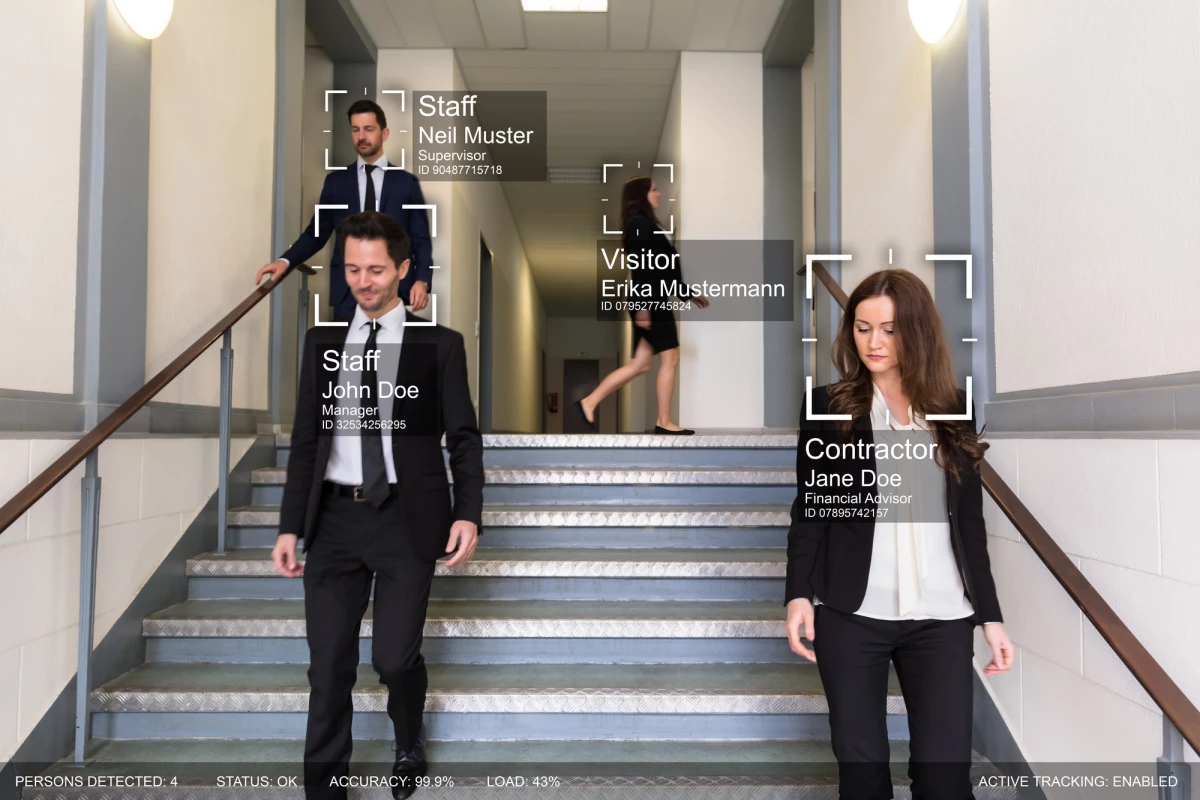Continuing the growing pushback against facial recognition technology, California has now passed a new law banning the tech in connection with data gathered by police body cameras. The law comes into effect at the beginning of 2020 and will expire after three years.
Earlier this year San Francisco became the first city in the United States to entirely ban local government and law enforcement uses of facial recognition technology. Several other municipalities followed suit with similar bans, including Oakland, and Somerville, a suburb of Boston. Now, California has instated the largest ban on the technology seen in the United States to date, although so far, the law is limited to a single, highly specific use.
The bill, spearheaded by San Francisco State Assembly member Phil Ting, prohibits “a law enforcement agency or law enforcement officer from installing, activating, or using any biometric surveillance system in connection with an officer camera or data collected by an officer camera.”
Ting initially was pushing for a permanent, or at least long-term ban on the technology. However, an unsurprising pushback from law enforcement agencies resulted in a three-year window being incorporated into the bill, resulting in an automatic repeal of the new provisions come January 1, 2023.
“We wanted to run this as a demonstration about how this software is absolutely not ready for prime time,” said Ting at a recent press conference demonstrating how frequently the technology is incorrect. “While we can laugh about it as legislators, it’s no laughing matter if you are an individual who is trying to get a job, if you are an individual trying to get a home, if you get falsely accused of an arrest, what happens, it could impact your ability to get employment, it absolutely impacts your ability to get housing.”
In the case of California, this law is still mostly a pre-emptive action, with Ting readily admitting facial recognition technology is not currently deployed in police body cameras so far in the state. Although the technology is suggested to be already widely used in countries such as China. And even though police in the state are not currently using the technology, the California State Sheriffs' Association expressed disappointment at the passing of the new law.
"Even a temporary ban on the use of facial recognition could limit law enforcement's efficacy and limit its ability to fight crime and prevent crime," says Cory Salzillo, the Association’s legislative director.





